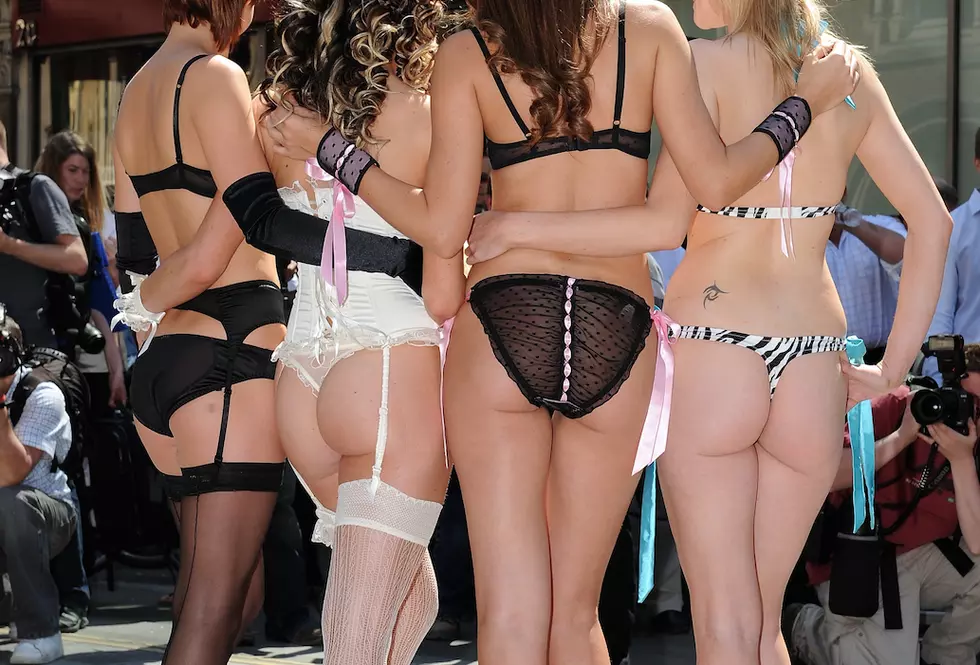
LSU Study: Fake IDs May Work Because People Suck at Matching Faces
Getting passed a bartender or member of security with a fake ID may be relatively easy because, as a new study points out, people are not good at face recognition.
Researchers from the University of Louisiana in association with Arizona State University recently set out to determine if student volunteers could correctly identify the college IDs of 250 people with a seven-year lapse in between the two photos... and a few look-a-likes tossed in for fun.
Overall, the students from LSU failed to pick out the look-a-likes 20% of the time, getting less accurate the more frequently legitimate photos emerged. It seems that a variety of changing human aspects have a tendency to throw people off, including lighting and camera angles, makeup styles, haircuts, beards, weight, and more.
“In our research, when observers infrequently encountered fake IDs, they failed to catch approximately 45% of them, even when given multiple opportunities to correct their errors,” said study author Megan Papesh, who teaches psychology at LSU.
Researchers say that all of their experiments took place in a lab, which should have allowed for higher success rates compared to busy airports and loud, dimly lit bars and nightclubs. Yet, they admit that professionals, like TSA agents, would likely do far better at matching faces than untrained students.
More From Highway 98.9







![Rival Sons Give You a Sneak Preview of Their Upcoming Album “Great Western Valkyrie” [VIDEO]](http://townsquare.media/site/183/files/2014/03/132005461.jpg?w=980&q=75)

